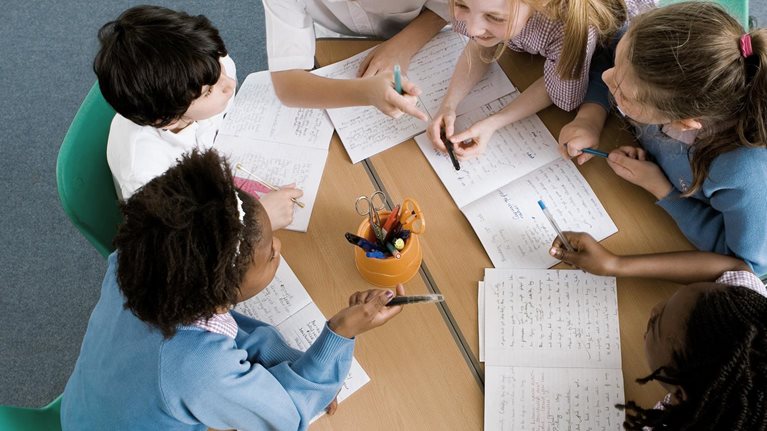Education systems around the world are facing a uniquely difficult time. While enrollment has increased over the past decades, educational outcomes were stagnating even before the pandemic. Our research estimates that there are over one billion children globally in learning poverty, unable to read a single sentence by the time they leave elementary school. And even in high-income countries, educational outcomes are slipping, equity gaps are widening, and a generation stands potentially unprepared for the future of work— a future more unpredictable than ever given the growth of automation and artificial intelligence.
Education systems are grappling with the challenges of constrained budgets, staff shortages, and rising rates of student absenteeism. Meanwhile, as they move past the pandemic, they are being asked to provide more holistic supports for students, address challenges of student absenteeism and staff attrition, and sort through the learning recovery strategies that will best serve students on tighter budgets. All on top of the traditional challenges of integrating new technologies, engaging parents, teaching skills for a new future of work, improving teacher development, and equitably allocating resources to close widening opportunity gaps.
Our early childhood and K-12 work addresses these challenges head-on, working with school systems to improve student outcomes at-scale; and with donors, nonprofits and the private sector to innovate new ways of teaching and learning to equip students for work and citizenship. Our insights and services provide the data, research, and implementation to help support early childhood and school systems and ensure that every child can thrive now and into the future.




























